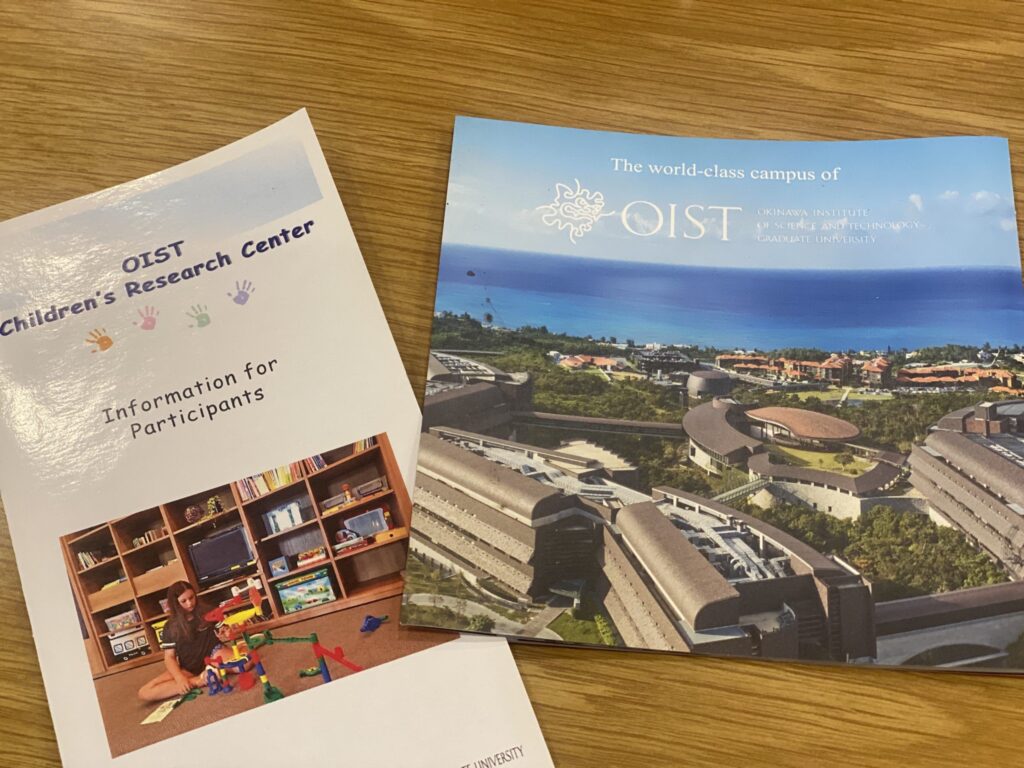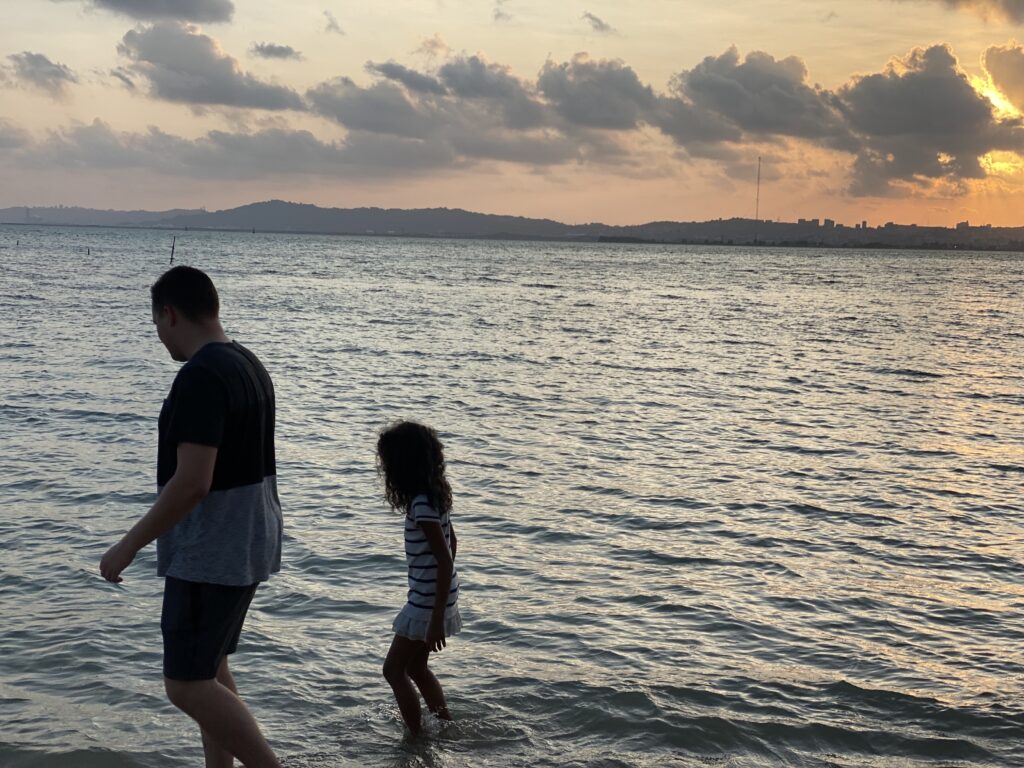
The holidays are a great time to reflect and remember everything there is to be grateful for. Yet, for some families, the sudden switch in routine can become complicated and stressful. Attention deficit hyperactivity disorder (ADHD) is a neurodevelopmental disorder that prevents self-regulation skills that aid focus and attention. It impairs executive functions that help with organization, impulsivity, and the ability to form connective friendships. The holidays should not feel chaotic. Yet, as parents of children with ADHD, it may seem like a struggle. Yet, there are ways to overcome ADHD challenges over the holidays.
Parents of children with ADHD tend to dread the Winter Break from school. Yet, here are a few tips they can use to turn this season into one they can enjoy. With a few easy discussions, a parent can feel prepared to embrace the joys of a holiday break, and they can consider their child’s mental, emotional, and educational health.
Talk with Your Child’s Doctor

ADHD diagnosis has climbed steadily over the past 20 years, with studies from 2016 showing 6.1 million children in the United States being diagnosed with ADHD. As with any medical issue, communicating with your caregiver is significant when discussing ADHD. According to a study by Brown University, the typical treatment for ADHD is behavioral therapy and medication, though your doctor may opt for a combination of the two.

For children on medication, it is essential to discuss a Drug Holiday. Child & Adolescent Mental Health article defines a drug holiday as where your child will abstain from taking their medicines while out of school. Drug holidays are standard practices for children with ADHD as they opt to suspend their child’s medication over the holidays.
Drug holidays present many benefits for a child who does not need medication outside the academic setting. According to studies conducted by Child Mind Institute, a drug holiday offers the opportunity for a child and their parent to take a break from the side effects caused by their treatment plan. The doctor will work with the parent to discuss the child’s best options and maintain the treatment alliance.
Having a consultation with your doctor before the holiday begins is beneficial as this further allows the alliance to monitor the child’s health and behaviors.

Dr. Margaret Fitts has worked with Okinawa Institute for Science and Technology in the Children’s Research Center as a licensed psychologist for 18 years. She stresses the importance of monitoring your child. “Taking medication may help your child cope daily, and taking away their medication may have an adverse effect. Depending on the medication prescribed to your child, they may need a break during weekends and holidays to help maintain the appropriate weight range for their age.” Stimulants like Vyvanse, Adderall, and Ritalin, are commonly prescribed for ADHD. However, often have the side effect of suppressing appetite.
Jennifer Simmons, mother of 8-year-old daughter Julie, shared, “During the Christmas break, we choose not to medicate Julie. She has issues with inattention,” Julie was diagnosed at the age of 5 and had been taking Concerta for over two years. “Her medication helped her to stay focused in the classroom, but during the break, we don’t see much of a need for it. Though she can somehow be hyper-focused in Dork Diaries when we are trying to set up the decorations.”
“The answer to participate in a Drug Holiday depends on the child, as some children benefit from the break. In children where inattention takes center stage for the diagnosis, a holiday break may not be a big issue.” Informed Dr. Trischa Williams, a psychiatrist working with the Early Development Institute attached to the Naval Medical Center on Camp Foster in Japan for the last 14 years. Dr. Williams quickly reminded us, “This is not the case for every child. Each child and their diagnosis are different. Knowing your child’s struggles is the key.”
Talk with your child’s teacher

Mallory Bryton is the mother of 3 children ranging from 10 and 17. ADHD is a genetic disorder that can run in families and many individuals report having multiple children with the diagnosis. She notes that all her children have an ADHD/ADD diagnosis, with her youngest diagnosed when she was 3 and her two older boys diagnosed in grade school.
When asked about her excitement for the impending holidays, she laughed, “The holidays used to be a fun break until middle school. We always find ourselves putting some Christmas or New Year’s plan on hold because one of the kids suddenly remembers they have some grade-shattering school assignment that has to be completed.” She quickly hugs her oldest boy as she announces, “I now get my kids’ teachers to email me all the upcoming assignments and due dates. Scheduling is my best friend!”
The holiday schedule throughout the United States can see the week of Thanksgiving off. They then return to school for 2 weeks before receiving a Winter Break, estimated to be between 2-3 weeks off. Immediately upon returning to school, the testing window for various required assessments begins.
Mrs. Ashley Baker, a 14-year special education teacher for the Department of Defense Education Activity, discusses, “It can be tough to keep children with learning disabilities ready for pending standardized testing when there are so many breaks that interrupt learning. The holidays can be stressful. ADHD does not take a holiday, so neither should learning.”
She was happy to recommend reading for parents of children with ADHD, quoting how ADHD is a superpower. She also encourages, “Talk with your child’s teacher before the holiday break. Assess where they are in the classroom and see if they have any upcoming assignments or even missing work that they can use the break to make up.”

Dr. Rhonnie McGee stressed, “Try to keep your child on a similar holiday schedule to their school schedule.” Dr. McGee has been working as a school counselor with the Department of Defense Education Activity and reports that for children with ADHD, a schedule helps with managing children’s behavior and expectations. “A schedule helps ease the transition for when the holiday ends and can be filled with ample free time for fun holiday activities.”
Tip: Do you need help with scheduling? Check out my Pinterest board!
Talk With Your Child

The key to making the holiday fun and enjoyable for all is making time to talk with your child. Tell them your expectations, include them in making plans or schedules, and set the boundaries before the fun begins. Remember to be realistic in this discussion with your child. You cannot plan everything. Yet, by opening this dialogue, you can address any changes that may occur and allow your child to feel involved and important.
Joyce Hawes reminisced on the holidays she spent with her daughter. Joyce’s daughter, now 27, was diagnosed at 5 with ADHD and opted not to medicate her child during the holidays. Once Joyce’s daughter turned a teenager, she decided to talk to her and plan their winter vacation. “As a single mother, I felt so defeated, and I dreaded the holiday break. Once we started planning out the holiday, I had less emotional meltdowns. I don’t know why I waited so long to just talk to her. If we had a road trip or family visiting, we had a plan of action and fun things to do during.”
Check out the video below for a few ideas to entertain your child during the holiday break.
Tip: These items also make excellent holiday gifts!
Check out my board on Pinterest to recreate the Lava lamp or for kid-friendly ideas on journaling.
Remember you are not alone this holiday. Organizations like Children and Adults with Attention-Deficit/Hyperactivity Disorder (CHADD) provide toolkits and resources for raising a child with ADHD. Consider joining Facebook groups like ADHD Parent Support. Here you can discuss with others who are experiencing similar issues as you.
The holidays should be fun and full of love. Though shopping for presents, planning holiday meals, or early morning wakeups are rarely at the top of anyone’s list, having extra time to spend with your child should not fill you with dread. Save your holidays by taking the time to talk to everyone and ensure that you have done the prep work to return the joy in your holidays. As Mrs. Baker says, “ADHD does not take a holiday,” and these tips can ensure that this uninvited guest doesn’t ruin the vacation.
Do you use any of these suggestions over the holidays for your child? Maybe you have similar stories or tips you found to help your child with ADHD over the holiday that I didn’t mention. Share by commenting below!
Tags: ADHD, challenges, child, drug holiday, holiday, overcome, parenting, season, winter break


Leave a Reply